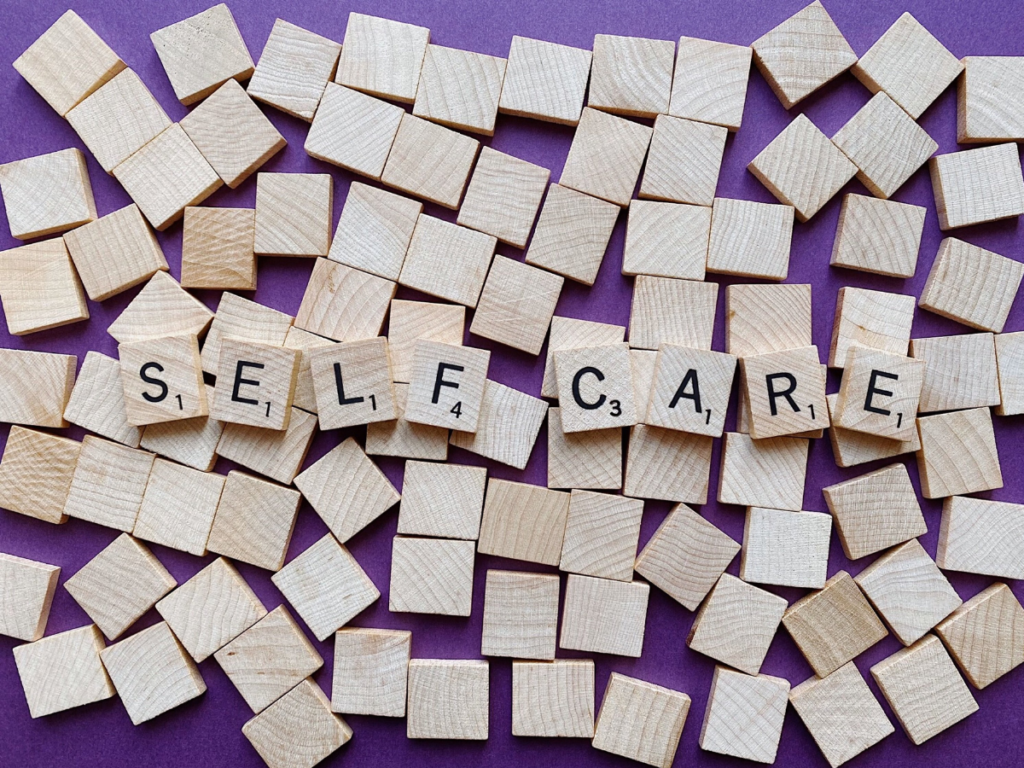
Burnout is real—but it doesn’t have to control your life. Learn how to set boundaries, rest, and recharge without feeling guilty.
Whether you’re in your 30s, 40s, or beyond, life can feel like a never-ending race to get everything done. Between career commitments, family responsibilities, and personal ambitions, burnout can sneak up on you—leaving you feeling drained, overwhelmed, and detached from the things you once loved. The key to breaking this cycle? Prioritizing self-care in a way that fits your life, no matter your age.
1. Recognize the Early Signs of Burnout
Burnout doesn’t always hit suddenly—it often creeps in over time, manifesting as chronic exhaustion, irritability, and a sense of detachment. Recognizing the early signs is crucial to preventing deeper burnout. These signs may include physical fatigue, emotional numbness, or feeling overwhelmed by even simple tasks.
Tip: Take a moment each day to check in with yourself. How are you feeling emotionally and physically? If you notice a pattern of exhaustion or detachment, it may be time to reassess your routine.
2. Reframe Self-Care for Your Stage of Life
Self-care evolves as we move through different stages of life. In your 30s, 40s, and beyond, it’s less about indulgence and more about meeting your core needs—mentally, physically, and emotionally. Prioritizing rest, eating well, moving your body, and setting boundaries are key components of sustainable self-care that will prevent burnout.
Tip: Start small. Identify one self-care habit you can implement today, whether it’s taking a 15-minute walk, preparing a healthy meal, or carving out time to rest.
3. Boundaries Are Non-Negotiable
For women over 30, burnout often stems from the inability to set clear boundaries. Whether it’s work, family, or social obligations, saying “yes” to everything can leave you depleted. Setting boundaries allows you to protect your time and energy without feeling guilty, giving you the mental space to recharge and prioritize what truly matters.
Tip: Practice saying “no” to tasks or obligations that don’t align with your current capacity. Communicate your boundaries clearly and kindly.
4. Embrace Rest Without Guilt
In today’s fast-paced world, rest is often seen as a luxury rather than a necessity. But rest is critical to breaking the cycle of burnout. Whether it’s sleep, quiet time, or a day off to recharge, giving yourself permission to rest can help you recover physically and emotionally.
Tip: Schedule rest time into your week, just like you would any important meeting or appointment. Treat it as non-negotiable.
5. Delegate and Ask for Help
As life’s demands increase, it’s important to recognize that you don’t have to do everything yourself. Learning to delegate tasks—whether at work, at home, or in your personal life—can lighten your load and give you more time for self-care. Asking for help is a sign of strength, not weakness.
Tip: Identify one or two tasks you can delegate this week. Whether it’s asking a colleague to share the workload or enlisting help from family members, take steps to offload some responsibilities.
6. Reevaluate What Productivity Means
Burnout often results from feeling like you need to be productive all the time. But productivity doesn’t have to mean constantly doing more. It can also mean focusing on quality, working smarter, and ensuring your own well-being is part of the equation. Redefine productivity to include rest, joy, and balance.
Tip: Focus on how balanced and fulfilled you feel, rather than just how much you’ve accomplished in a day. Your energy and peace of mind matter just as much as your to-do list.
7. Reignite Joyful Passions
One of the unfortunate side effects of burnout is losing touch with activities that bring you joy. Whether it’s a hobby, creative outlet, or simply spending time with loved ones, reconnecting with what lights you up can help combat feelings of burnout and restore a sense of balance and purpose.
Tip: Revisit a hobby or interest you’ve put on the backburner. Start small—spend just 15 minutes a day engaging in something that brings you joy.
Conclusion: Breaking the cycle of burnout isn’t about finding a quick fix, but rather making self-care a priority at every stage of life. Whether you’re in your 30s, 40s, or beyond, it’s essential to set boundaries, embrace rest, and make time for the activities that recharge you. Self-care isn’t selfish—it’s the foundation that allows you to show up fully for the life you’re building.
